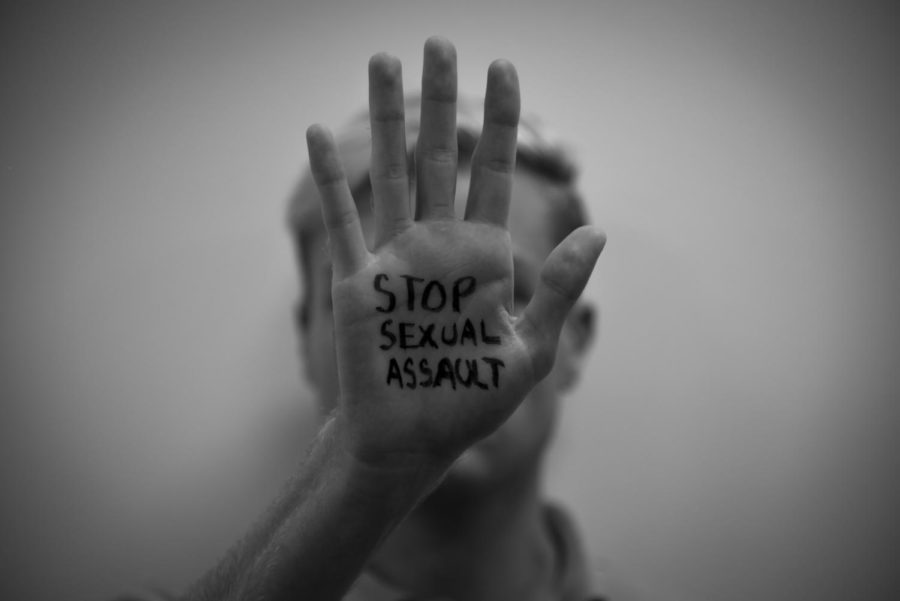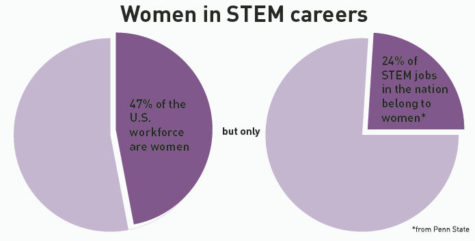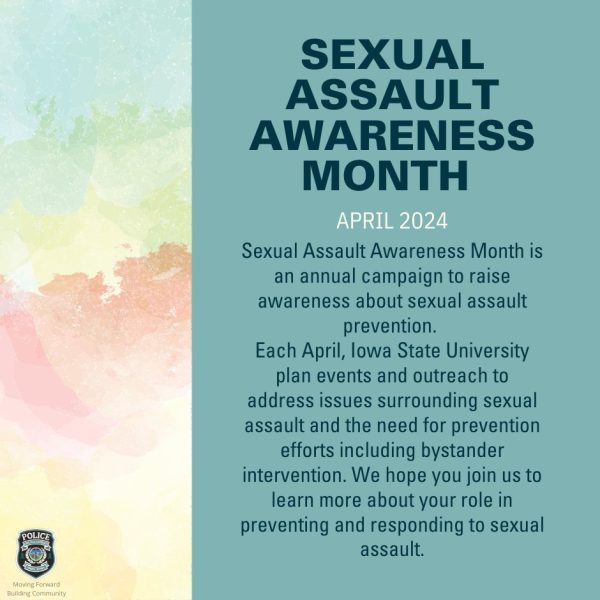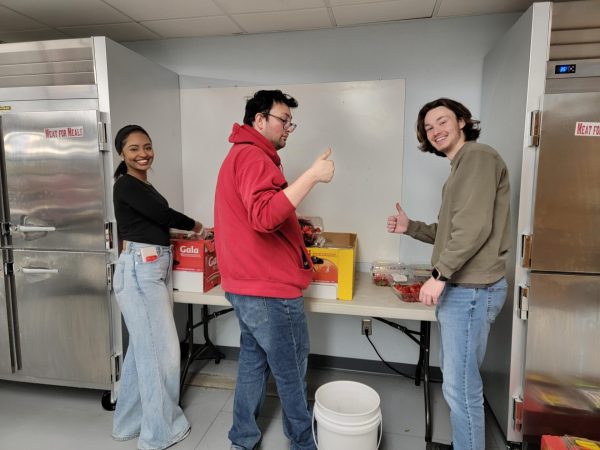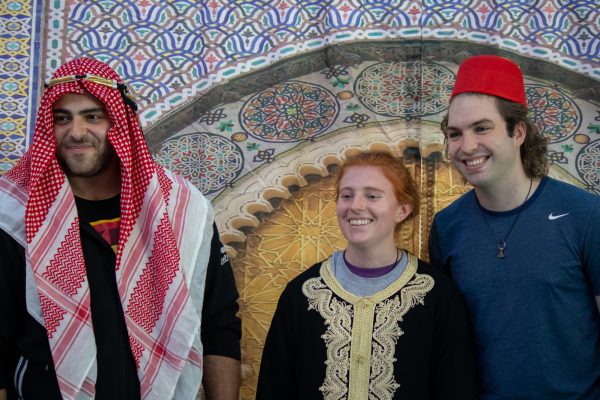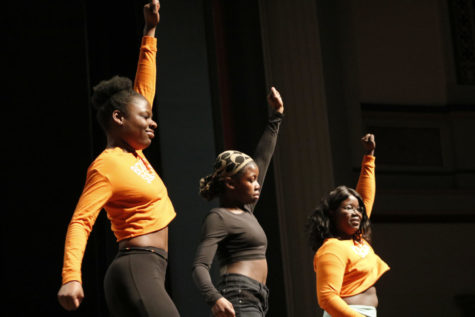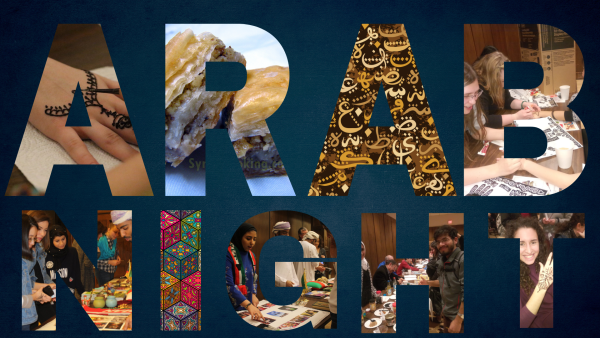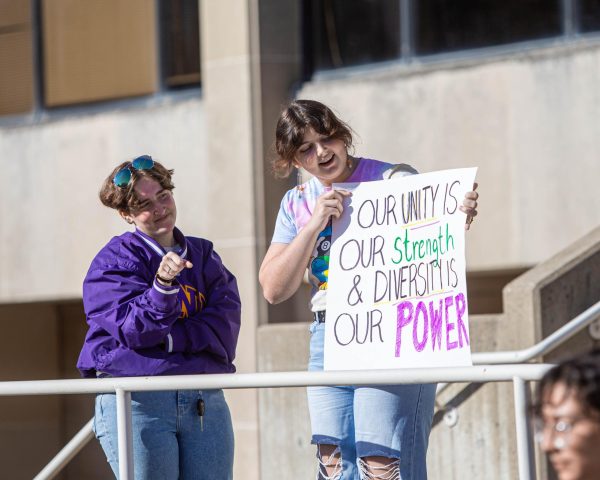Judge hopes to enact meaningful change in sexual assault cases
November 18, 2020
Sexual assault and harassment cases happens across the nation and world. Judge Rosemarie Aquilina of Michigan says college students are the place to start when enacting social change and justice.
“In order to do that, you have to keep the conversation going,” Aquilina said. “I want to know the mark I made on the world was to make it better and safer.”
Aquilina is most recently and famously known for her participation as a judge in the Larry Nassar case. Nassar is a previous doctor who has pleaded guilty to molesting U.S. gymnasts.
“I’ve done thousands of cases, right?” Aquilina said. “And that’s a story — it’s his story and it’s the girls’ story. His as the perpetrator, the girls’ as the survivor. The story for me is about grooming and gaslighting and not believing children. We have to understand all of that and change the world and how we respond.”
Of course, the job of a judge is not easy and can sometimes be deeply disheartening, discouraging and scary. But the role Aquilina and many others play is in place to protect those who need it most.
Cases of sexual misconduct and assault are not unique to Aquilina’s courtroom and may be happening closer to home than some would like to believe.
Aquilina said she does her job “for the safety of everyone, especially children and those without a voice.”
Latavia Williams, Iowa State alumna, was brave enough to share her story with sexual assault and harassment on campus.
“This happened in spring of 2020,” Williams said. “I was on Welch with my friends walking to their home. No previous relationship, it was some — I presume — drunk student on the street.”
Williams said she did not call the police herself, but someone else did when they saw her being attacked.
“They showed up to the scene and my face was all baited and I was crying, and they essentially told me I was being too hysterical to get a statement, and they started to leave,” Williams said.
Williams also mentioned one officer in particular who got upset with her friend who was trying to explain what happened, which scared Williams even more, she said.
“If they didn’t care to listen to and protect a Black woman in this situation, you already know where this is going to go for a Black man,” Williams said.
Williams said she wished she would have received a more thorough investigation of her case. She also would have liked to be heard.
“I was in a state of shock,” Williams said.
Sexual assault and harassment cases are happening everywhere across our nation and world, and it’s important that people are putting in the work to put an end to it, whether it be through educating others, standing up for victims or advocating for proper change.
“I work with students,” Aquilina said. “They come into my courtroom, they follow me around … the common thread is they always want to be me. I say, ‘You’re not going to be me, you’re going to be better than me.’”
Aquilina said college students have more time and are a lot smarter and wiser than she was in college.
“They’re exposed to so much more, and I’m hoping to really tell them early on that they have a voice, even at their young age,” Aquilina said.
Aquilina hopes college students use their voices to enact meaningful change in our world, she said. Her hope is that her students and those learning from her will do more than anything she’s ever dreamed of because they can.
“So many people do not know, do not understand, the depth and greatness of their power, and I love working with students because they’re open to that, they believe, they want,” Aquilina said. “And to ignite that fire in their belly early, that they can achieve and really change the world for better, I think is just so damn important.”

